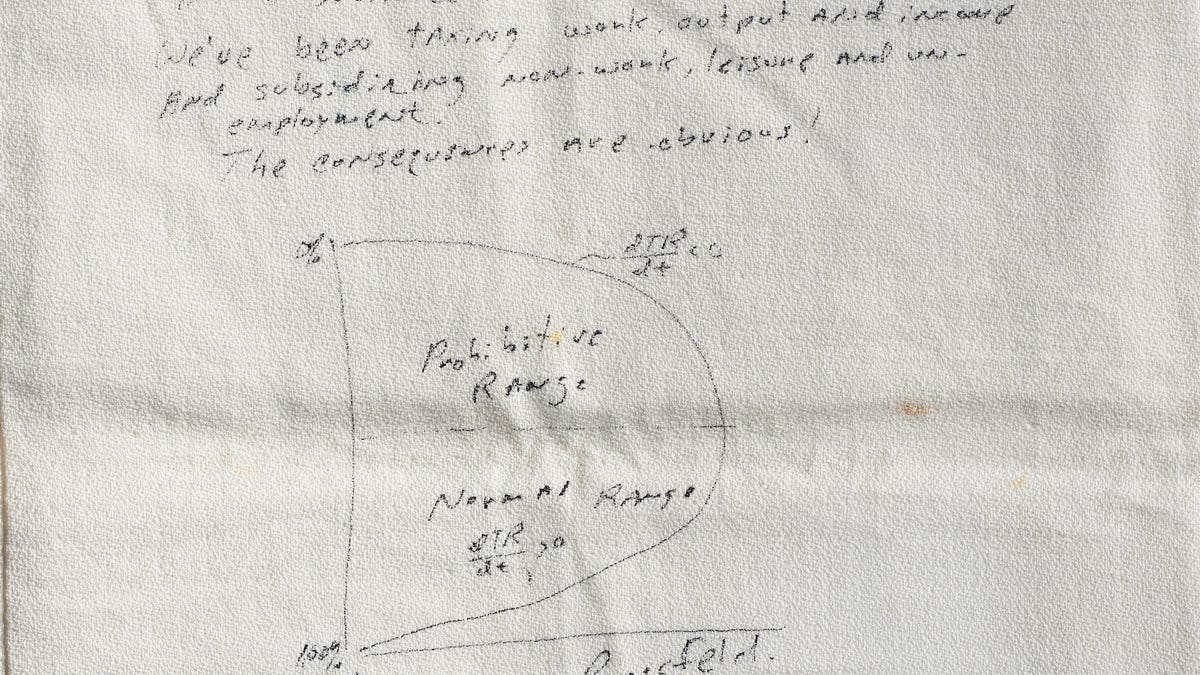ZURICH, Jan 19 (Reuters) - A group of more than 100 billionaires and millionaires has issued a plea to political and business leaders convening virtually for the World Economic Forum: make us pay more tax.
The group calling itself the "Patriotic Millionaires" said that the ultra-wealthy were not currently being forced to pay their share of the global economic recovery from the pandemic.
"As millionaires, we know that the current tax system is not fair. Most of us can say that, while the world has gone through an immense amount of suffering in the last two years, we have actually seen our wealth rise during the pandemic - yet few if any of us can honestly say that we pay our fair share in taxes," the signatories said in an open letter, published on the occasion of the World Economic Forum's "virtual Davos", which began on Jan. 17.
Over the course of the two years of the pandemic, the fortunes of the world's 10 richest individuals have risen to $1.5 trillion - or by $15,000 a second - a study by Oxfam this week showed.
According to a study conducted by the Patriotic Millionaires together with Oxfam and other non-profits, a progressive wealth tax starting at 2% for those with more than $5 million and rising to 5% for billionaires could raise $2.52 trillion, enough globally to lift 2.3 billion people out of poverty and guarantee healthcare and social protection for individuals living in lower income countries.
/cloudfront-us-east-2.images.arcpublishing.com/reuters/M4MKKHGKORIWROGTM74KFPJKN4.jpg)
 www.reuters.com
www.reuters.com
There are two separate issues:
a) CAN we tax the $rich? Or is the current system stacked so far in their favor that they are beyond the reach of additional government taxation?
b) IF we can, when, & how $much?
The group calling itself the "Patriotic Millionaires" said that the ultra-wealthy were not currently being forced to pay their share of the global economic recovery from the pandemic.
"As millionaires, we know that the current tax system is not fair. Most of us can say that, while the world has gone through an immense amount of suffering in the last two years, we have actually seen our wealth rise during the pandemic - yet few if any of us can honestly say that we pay our fair share in taxes," the signatories said in an open letter, published on the occasion of the World Economic Forum's "virtual Davos", which began on Jan. 17.
Over the course of the two years of the pandemic, the fortunes of the world's 10 richest individuals have risen to $1.5 trillion - or by $15,000 a second - a study by Oxfam this week showed.
According to a study conducted by the Patriotic Millionaires together with Oxfam and other non-profits, a progressive wealth tax starting at 2% for those with more than $5 million and rising to 5% for billionaires could raise $2.52 trillion, enough globally to lift 2.3 billion people out of poverty and guarantee healthcare and social protection for individuals living in lower income countries.
/cloudfront-us-east-2.images.arcpublishing.com/reuters/M4MKKHGKORIWROGTM74KFPJKN4.jpg)
Millionaires group calls for wealth tax at virtual Davos
A group of more than 100 billionaires and millionaires has issued a plea to political and business leaders convening virtually for the World Economic Forum: make us pay more tax.
There are two separate issues:
a) CAN we tax the $rich? Or is the current system stacked so far in their favor that they are beyond the reach of additional government taxation?
b) IF we can, when, & how $much?







